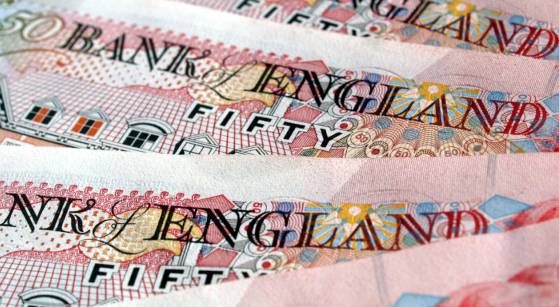The US stock markets ended last week on a cautiously positive note. Friday's producer price inflation came as a certain relief to inflation worries as the latest data showed an unexpected contraction in the monthly figure.
The jump in oil prices, following the US and UK airstrikes in areas in Yemen controlled by the Houthis, which sent the barrel of American crude to past the $75pb level, didn't last long. The barrel of US crude starts the week below the $73pb level. The risks are tilted to the upside as conflict news continues to flow in this Monday. Rishi Sunak will address Parliament as his government is ready to intensify strikes on Houthi targets. Yet there is a strong barricade into the $74/75pb level in the US crude and near $80pb level in Brent, as the rising global supply, increasing competition to OPEC and the globally weak economic outlook weigh heavier and convince the bears to sell every geopolitically supported rallies.
Rising tensions in the Red Sea and the rising shipping costs are a boon for shipping companies like AP Moeller-Maersk that see their stock prices being pushed higher. Bank stocks on the other hand traded mixed on Friday as the first Q4 earnings from some US banking giants were mixed. JP Morgan for example had a blast last year. The banking crisis that hit the smaller, regional banks drove capital to big banks like JP Morgan, and combined with the rising interest rates, JP announced the most profitable year of its history. The bank posted more than $250nb net interest income last year – its 7th consecutive quarter of record net interest income (NII). Together, the 4 major US banks made $80bn more last year than in 2021. Wells Fargo beat estimates but its prediction of 7-9% fall in NII next year sent the stock price more than 3% lower on Friday, while BAC fell 1% after missing estimates.
Despite a mixed set of results and record NII, the big banks share the same forecast for next year: their net interest income will fall next year as the Federal Reserve (Fed) is expected to cut interest rates.











![Warsaw Stock Exchange: Brand24 (B24) - 1Q23 financial results Turbulent Q2'23 Results for [Company Name]: Strong Exports Offset Domestic Challenges](/uploads/articles/2022-FXMAG-COM/GPWA/gpw-s-analytical-coverage-support-programme-wse-2-6311cd4191809-2022-09-02-11-30-41-63175bda84812-2022-09-06-16-40-26.png)









![Warsaw Stock Exchange: Brand24 (B24) - 1Q23 financial results Turbulent Q2'23 Results for [Company Name]: Strong Exports Offset Domestic Challenges](https://www.fxmag.com/media/cache/article_small_filter/uploads/articles/2022-FXMAG-COM/GPWA/gpw-s-analytical-coverage-support-programme-wse-2-6311cd4191809-2022-09-02-11-30-41-63175bda84812-2022-09-06-16-40-26.png)


